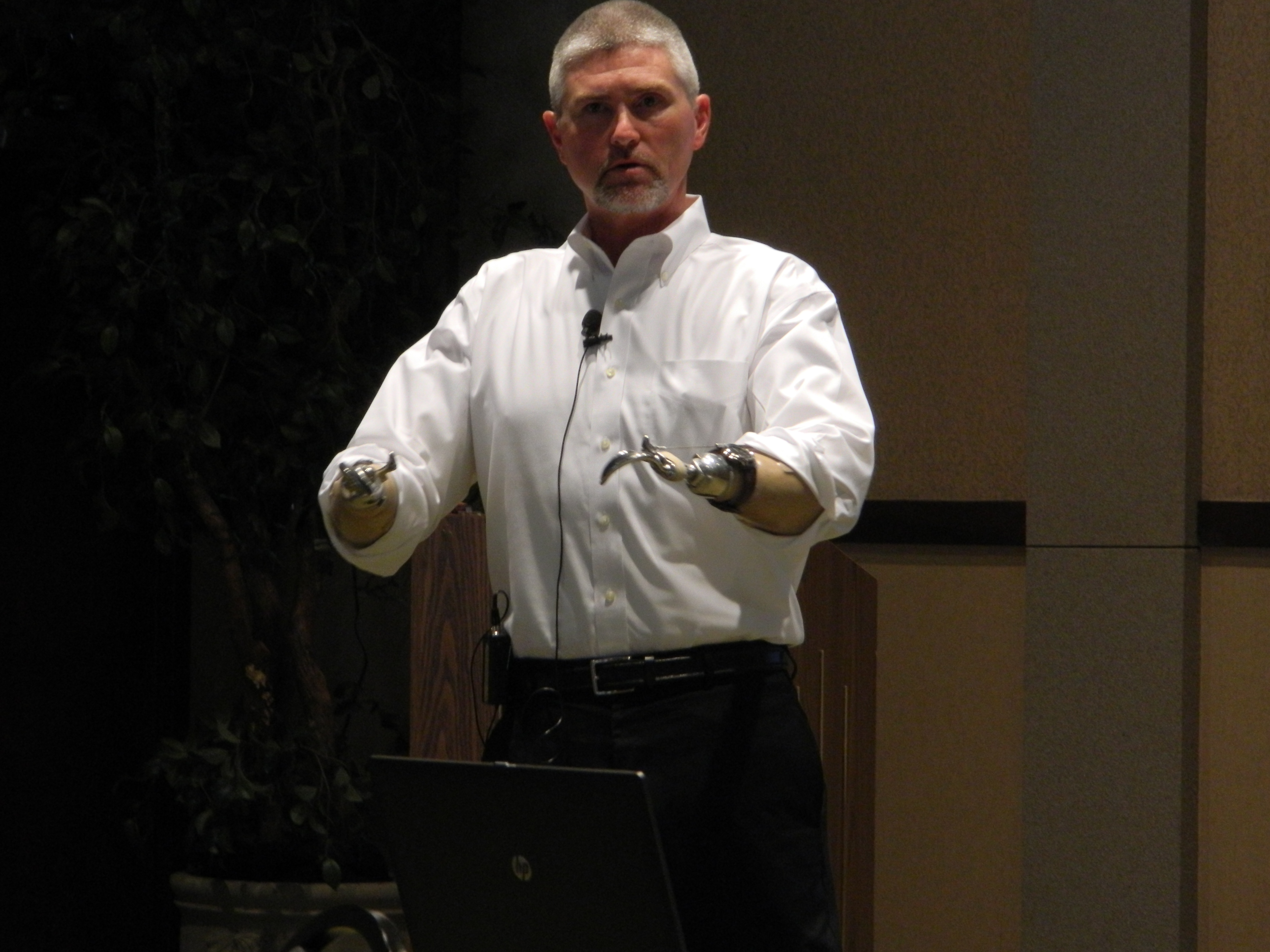Safety is financially smart "Safety Pays" group tells Bradley/Cleveland Safety Council
Friday, January 1, 1904
CLEVELAND, Tenn. - Growing a culture of safety in the workplace not only is the right thing, it is the financially smart thing, according to a recent "Safety Pays" presentation to the Bradley/Cleveland Safety Council.
Consultants Russ Bartholomew and Lee Selby addressed more than 60 safety professionals this week at the Museum Center at Five Points on how workforce attitudes toward safety affect bottom lines.
"Safety is what an employee does when nobody is looking," Bartholomew said.
Poor attitudes toward workplace safety, from management down, are contributing to costly - even lethal - accidents on the job, said Bartholomew, president of Core Safety Group.
He said most companies often view safety measures, training and equipment only as expenses. However, Bartholomew challenged leaders to look at a bigger picture.
"The safety dilemma is that a lack of accidents never looks like profits," he said.
Bartholemew said implementing safety procedures saves companies money on insurance premiums and decreases the number of incident claims. When companies look at how to work more safely, they often discover more efficient ways of doing things, he said.
He recommended holding management accountable for employee safety by tying it to performance reviews and bonuses.
Selby, a bilateral amputee, offered the audience an unflinching and personal look at the consequences of work-related accidents. He admitted that a simple shortcut cost him his hands in a power line accident while he was working for Memphis Light, Gas & Water more than 20 years ago.
Now a workplace safety advocate, Selby said he chose to get back to work as soon as possible instead of giving up on life at 28. His devastating accident and his presence helped to invigorate that utility's drive to improve safety, Selby said.
He retired from Memphis Light a few years ago as an inspections manager.
Selby encouraged the audience toy engage their workers to learn and live safety and not just hang up posters.
"You've got to teach by example," he said. "Employees need to understand what they will lose, what are the consequences of accidents."

